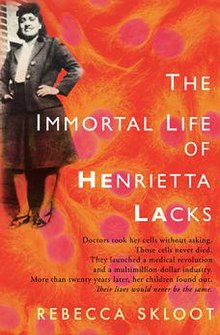I just finished reading 12 Years a Slave. I, being of African descent in the United States and educated in its Public Schools, had never heard tales of free men being kidnapped and sold into slavery. I do not know how pervasive a practice it was but, the fact that there is a written first person account of one man’s treacherous experience is enough for me to believe it happened far more frequently than documented. I am one of the fortunate generations reaping the benefits of emancipation and the Civil Rights Act. I have never had to raise a finger to fight for my education, equal opportunity, or ability to go about the mundane activities of my daily life unmolested. I can work remotely, have a flexible schedule and a reasonable manager.
I cannot imagine what it must have been like to be at the mercy of a cruel master; your every waking moment dictated by the whims of another human being who does not care about your health or well being. The atrocities suffered by the slaves in Solomon Northup’s novel (and visually depicted on screen in gut wrenching detail by the amazing Steve McQueen) caused me to acknowledge my privilege. It trivialized even the worst of my complaints.
I am free to wake at my leisure, travel without an issued hall pass like a school child, and can challenge authority with no fear of retribution. I am a vegetarian by choice, and turn my nose up at poor quality cuisine. I am, without exception, a free woman. I have never been poorly treated or feared for my safety. I grew up with all of my family under one roof in a loving household. The fact that slaves were not allowed to read, write or own pen and paper made their captivity all the more unbearable in my eyes. Writing is my escape. It is my release. They were not afforded even the simple pleasure of self reflection.
What is so striking, and what further endeared me to Solomon Northup’s narrative, is that he had no desire to be a “great” man. He simply wanted to live a good life with his family. To wake daily and go to work, to come home to a meal prepared by his wife and enjoy the company of his children. A modest aspiration by any measure. To breathe free. The final statement of the book is one written by a man devoid of any designs on vengeance :
“Chastened and subdued in spirit by the sufferings I have borne, and thankful to that good Being through whose mercy I have been restored to happiness and liberty, I hope henceforward to lead an upright though lowly life, and rest at last in the church yard where my father sleeps”
To have endured 12 years a slave, and come out with any semblance of a spirit is remarkable. The resiliency of my ancestors chides me silently for my ungrateful days. For taking for granted my gift of freedom. Accounts such as these challenge my perception of difficulty and endurance, and beg me to ask the question “What is my responsibility?” Surely to leave, upon my departure from this Earth, a better world than the one I inherited. I pray that I will have the tenacity to endure what (small) hardships I must encounter to carry out the mission I am tasked with, whatever it may be. I am grateful that Mr. Northup left behind his legacy so that all who read it can be reminded that freedom is to be treasured, and that we are all capable of impacting the lives of others through even the smallest act of kindness.

